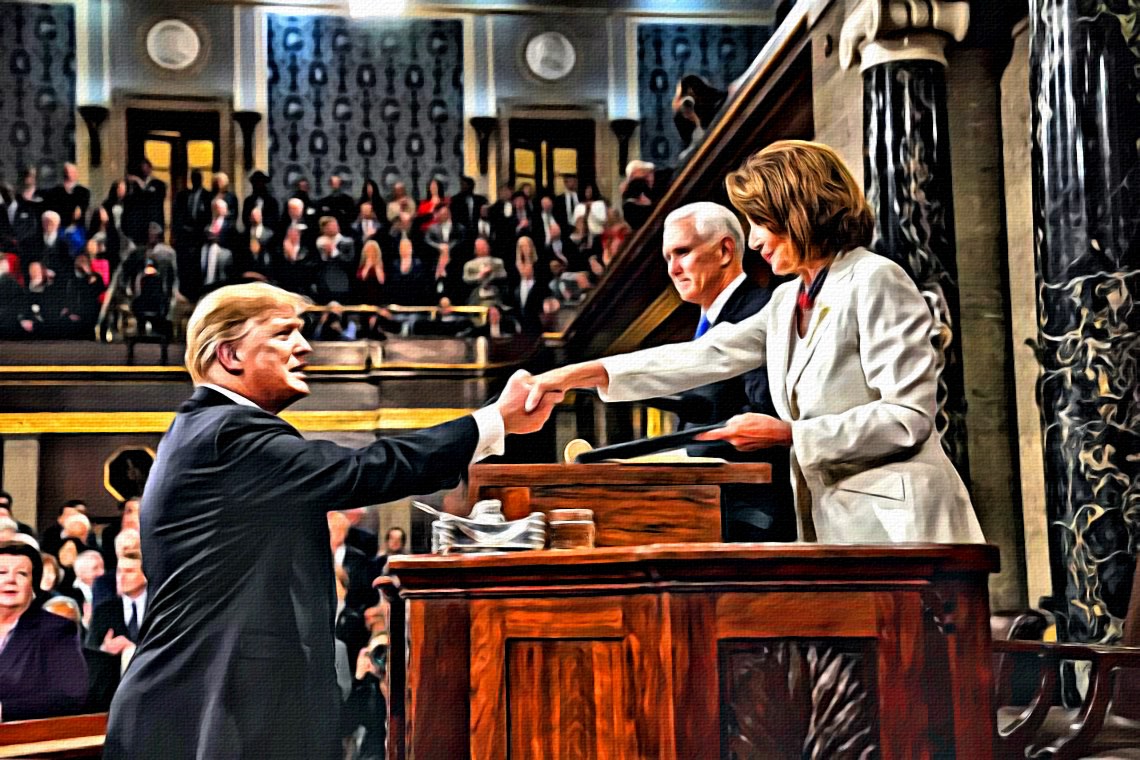There are now over 3,000 Conservative Guardian followers, including a witless few that think me pro-Trump. To be sure, a never-Trumper I am not, but I am no forever-Trumper. If you’re liberal (in the sixties sense), then we probably see the same things and disagree on the solutions (or outcomes). For example, I understood the need for affirmative action but don’t think it should now hurt Asian-Americans.
In truth, I occasionally agree with President Trump. I live in “forgotten” America; therefore, I agree with Trump’s efforts to jump-start new-business formations and restore gainful employment. My humanity says Washington must help devastated households and communities, which Ross Perot predicted in 1992. My common sense says a non-violent deplorable revolution against elite globalism is preferable to the French revolution.
I occasionally disagree with Trump, especially with how he has diminished the dignity of the Oval Office, which is much bigger than his fleeting presidency. I am, of course, writing about what he says and tweets, which is too pugnacious for the good of the nation (e.g. suggesting Mexico would pay for the wall) and too petty for the world’s most powerful leader (e.g. calling Congressman Schiff “pencil-necked”).
This makes me a Trump occasionalist, which is probably just another term for a center-right Republican, but not to be confused with the late Senator John McCain. Like McCain, I did not support Trump during the primaries. Unlike McCain, I accepted Trump as the Republican candidate, recognized Trump as the duly-elected president, and hoped there was no Trump-Russia conspiracy or coordination during the 2016 election.
I will never regret a single post that pushed back against a sensational media report or specious Democratic suggestion that this president was a traitor. It had a little to do with the person – and what is wrong with empathy for how the Trump family might be feeling? It had everything to do with preserving our constitutional republic, beginning with every citizen’s right to a presumption of innocence.
Like almost all Republicans, I voted for John McCain and Mitt Romney without rioting in the streets after their concessions to Obama. That is how we roll in this constitutional republic, which grants the president limited authority and a four-year term. While I disagreed with most Obama policies, I never questioned his legitimacy or considered him an existential threat to the USA.
I don’t recall a single right-wing riot after either Obama election, but I do remember the rise of the Tea Party, which is the constitutional response to life under an insufferable government. To this end, I accept Alexandria Ocasio-Cortez’s right to run for Congress and recognize her legitimacy, even though I think her ideas are crazy. I am pretty sure I am on solid ground here.
I disapprove of Trump’s tweets, but I recognize his right to speak freely. I don’t like Trump’s tariffs, but I hope he gets a better-fairer trade deal with China. I support a free press, but I think the mainstream media has an anti-Trump bias the founding fathers did not envision and of which they would disapprove. Trump was not my first choice, but I presumed his innocence – and my patience was rewarded with the truth.
I really do have a point to make. We the people actually have more in common – regardless of political affiliation – than identity politics allows us to see. No American wants to inherit a dying planet or die in a North Korean nuclear attack. Nobody intended free trade with China to lay waste to southwestern Virginia. In spite of our identities, we Americans know thou shall not kill and to help thy neighbor.
For many reasons, like-minded Republicans are occasionally for Trump – and occasionally against him. We are policy-driven patriots, who are not personality-identity obsessed. We think Bernie Sanders is a decent fellow with a few bad ideas. We think Donald Trump is a boorish chap with a few good ideas. We will vote in 2020 but not riot if Trump loses.
